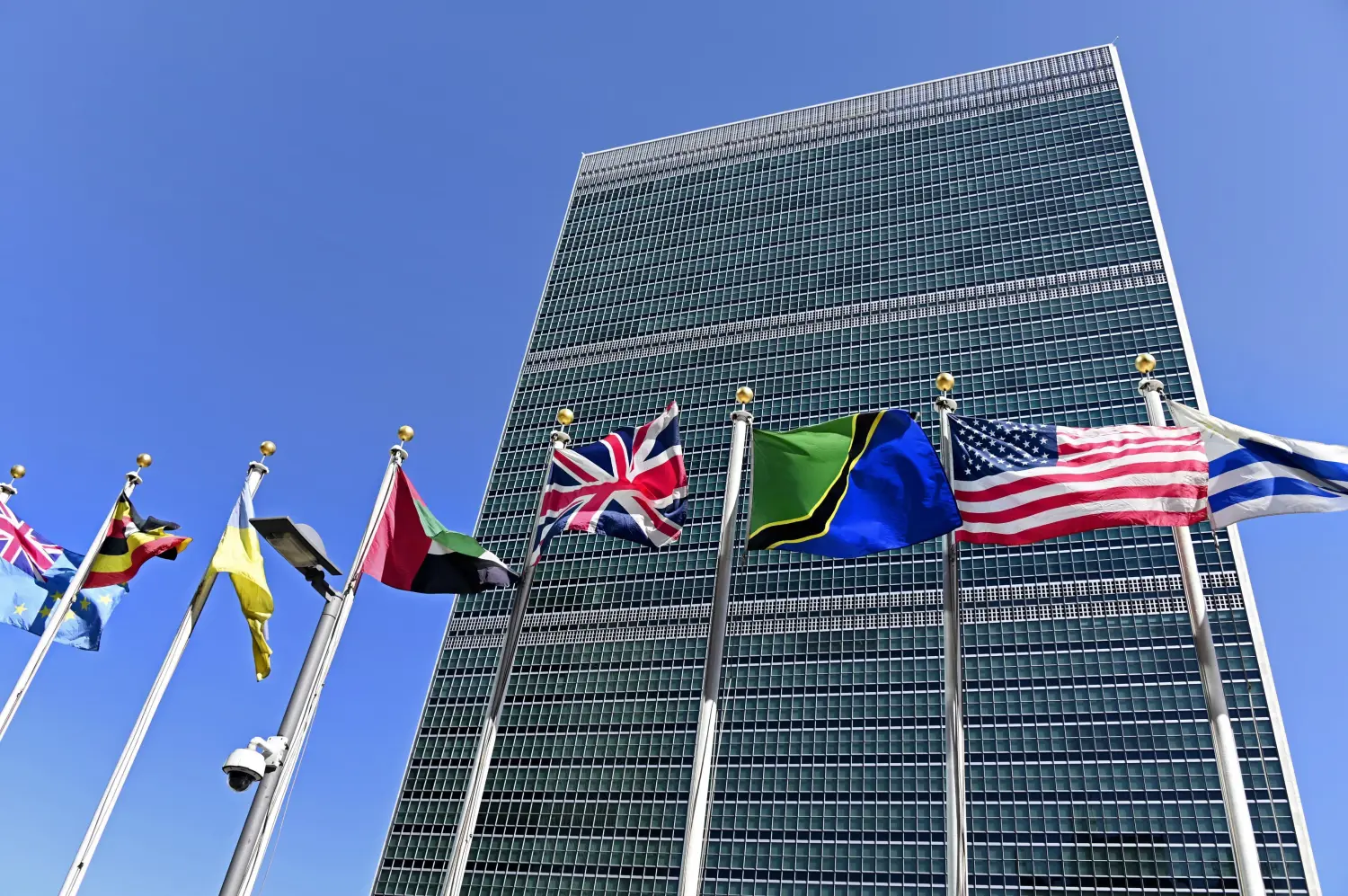The following is a summary of the ninth session of the Congressional Study Group on Foreign Relations and National Security, a program for congressional staff focused on critically engaging the legal and policy factors that define the role that Congress plays in various aspects of U.S. foreign relations and national security policy.
On Nov. 20, 2020, the Congressional Study Group on Foreign Relations and National Security convened online to discuss the past, present, and future of sovereign immunity. Recent debates in Congress over the possibility of holding China civilly liable over the coronavirus, allowing people to sue state sponsors of cybercrime, and potential civil liability for acts of terrorism have all implicated core questions of sovereign immunity, meaning the set of key international legal protections that the United States largely, but not entirely, implements through the Foreign Sovereign Immunities Act (“FSIA”). But what might adjusting these immunities in these circumstances mean for U.S. foreign policy more broadly?
To discuss this topic, the study group was joined by two outside experts: Chimène Keitner, a professor of law at the University of California, Hastings College of Law and former Counselor on International Law at the U.S. Department of State; and Ingrid Wuerth, a professor of law at Vanderbilt Law School and one of the reporters on sovereign immunity issues for the American Law Institute’s Fourth Restatement of U.S. Foreign Relation Law.
Prior to the session, the outside experts and study group organizers recommended the following pieces of background reading:
- Chimène Keitner, “The Common Law of Foreign Official Immunity,” The Green Bag (Autumn 2010);
- Ingrid Wuerth, “Justice Against Sponsors of Terrorism Act: Initial Analysis,” Lawfare (Sept. 29, 2016);
- Ingrid Wuerth, “An Art Museum Amendment to the Foreign Sovereign Immunities Act,” Lawfare (Jan. 2, 2017);
- Ingrid Wuerth, “Does President Trump Control Head-of-State Immunity Determinations in U.S. Courts?,” Lawfare (Feb. 22, 2017);
- Chimène Keitner, “Deciphering the Mystery Subpoena Case: Corporate Claims to Foreign Sovereign Immunity from U.S. Criminal Proceedings,” Just Security (Dec. 31, 2018);
- Chimène Keitner and Allison Peters, “Private Lawsuits Against Nation-States Are Not the Way to Deal with America’s Cyber Threats,” Lawfare (June 15, 2020); and
- “Taking China to Court Over the Coronavirus,” The Lawfare Podcast (July 1, 2020; podcast appearance with Scott R. Anderson and Chimène Keitner).
Keitner and Wuerth opened with some history on sovereign immunity and the role it has played in international law and international relations. Rooted in customary international law, sovereign immunity generally protects states and their officials from a range of legal proceedings in other foreign states’ domestic courts. These immunities were initially quite broad but, over the course of the twentieth century, many states (including the United States) began to adopt a “restrictive theory” that treated foreign states and their agencies and instrumentalities the same as private actors for commercial activities while retaining sovereign immunity for states’ sovereign and public activities. At this time, the U.S. government often played a central role in making determinations that it then communicated to the courts regarding how immunities should apply in given cases, but this proved suboptimal as it often made legal disputes a point of political controversy. So in 1976, Congress enacted the FSIA to both codify the restrictive view of sovereign immunity for foreign states and their agencies and instrumentalities and to set out objective rules for courts to apply instead of turning to the executive branch for case-by-case determinations.
Since the 1990s, Congress has repeatedly amended the FSIA in order to remove or limit sovereign immunity in relation to acts of terrorism and designated state sponsors of terrorism, including enforcing terrorism-related judgments against state-owned assets that might otherwise be protected from attachment. This often reflects understandable domestic political pressure to address acts of terrorism, but these exceptions have proven controversial internationally and have often been opposed by the executive branch for fear of international repercussions. Many foreign states and international legal experts argue that they are inconsistent with the sovereign immunity that the United States is required to provide under customary international law. This not only causes diplomatic complications but could result in reciprocal measures against the United States, which benefits immensely from sovereign immunity and the international legal order more generally by virtue of its large global presence.
In recent years, Congress has frequently considered legislation that replicates this terrorism model to address other issues by exposing foreign states to civil liability before U.S. courts for various objectional conduct, ranging from China’s role in the global coronavirus pandemic to state support for criminal cyber activities. This reflects a growing view that exposure to civil liability can and should be thought of as a foreign policy tool similar to economic sanctions. But such exceptions would likely prove even more controversial than those for terrorism and may well result in stronger pushback. In addition, there is good reason to doubt whether U.S. courts are well-equipped to manage disputes over conduct that largely takes place overseas and involves a range of diplomatic considerations. Domestic plaintiffs would also likely have immense difficulty in enforcing any judgments, leaving them without compensation and potentially frustrated. Hence, these regimes raise an array of legal and policy questions that warrant careful consideration before being implemented.
Keitner and Wuerth also noted several areas where congressional input could be useful in clarifying aspects of sovereign immunity law. The Supreme Court recently clarified that the FSIA does not cover individual foreign officials’ immunity, which–outside the context of diplomats and consular officials, whose immunities are governed by a separate legal regime–is instead governed by customary international law and generally determined on the basis of case-by-case guidance by the executive branch. Congressional input could clarify how immunities should apply to foreign officials. There is also an ongoing legal debate over whether the FSIA only applies to civil matters or also applies to criminal law matters. Congress could play a valuable role in clarifying this issue, which has begun to come up in litigation more often with the proliferation of state-owned enterprises and corporations.
The study group then moved on to open discussion on a variety of issues, including: the political factors that surround many sovereign immunity issues; how proposed abrogations of sovereign immunity often play into debates between Congress and the executive branch; the range of international consequences that might stem from undermining sovereign immunity; the advocacy dynamics that often surround proposed changes to sovereign immunity; and potential alternate accountability mechanisms.
Visit the Congressional Study Group on Foreign Relations and National Security landing page to access notes and information on other sessions.



